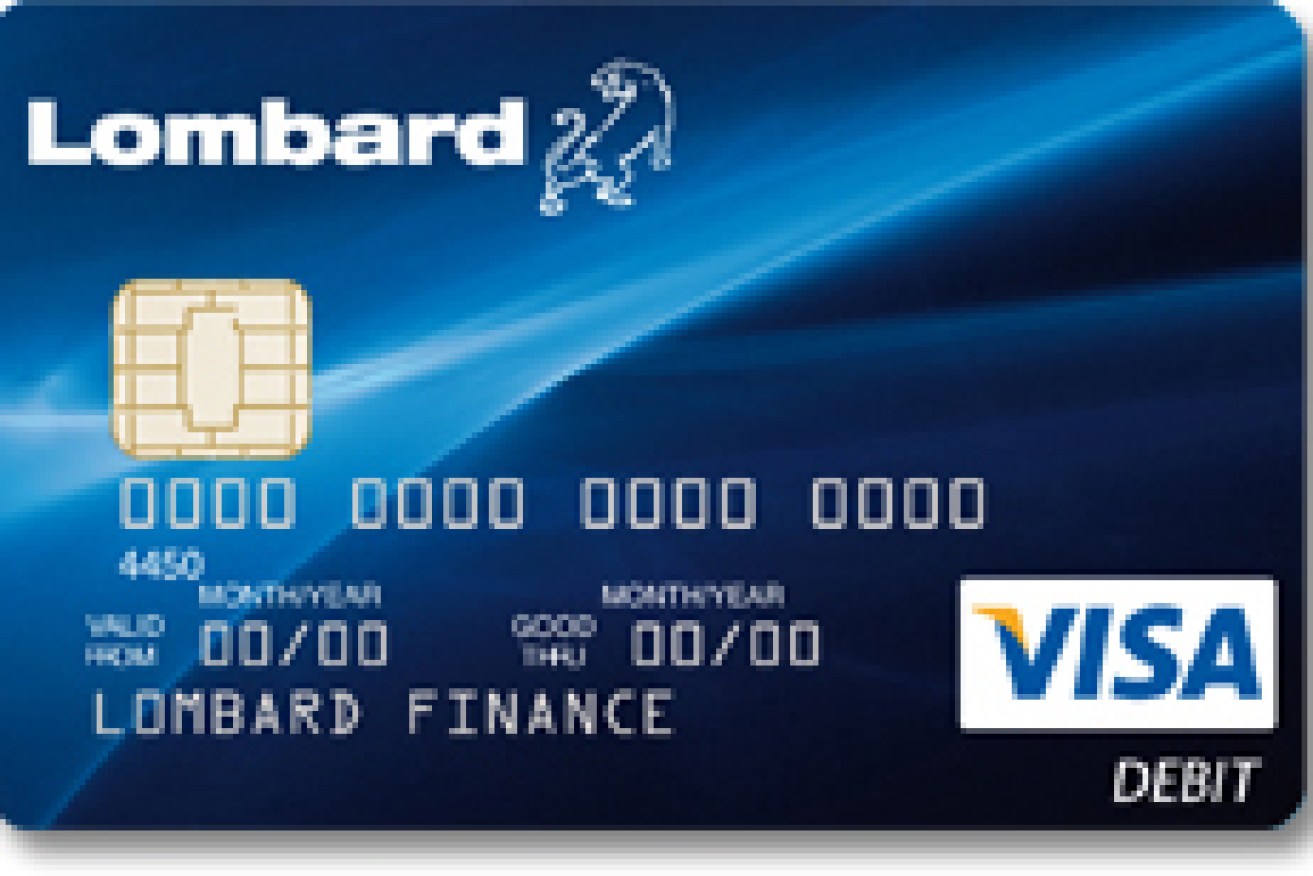Australia’s most predatory credit cards revealed

If you have ever failed to pay your credit card bill on time, then you are what is known in banking jargon as a ‘revolver’.
Around two million Australian credit card users are classified by the banks as revolvers.
This doesn’t mean they carry pistols. It is a term used by the banks to describe one of the industry’s most profitable, and therefore popular, customer segments – people who don’t pay their credit card bill at the end of each billing period and get charged an interest penalty.
• No deal: banks refuse to cut credit card rates
• How to find a better savings account
• Low interest rates: are you one of the losers?
Credit card customers were reminded on Wednesday why the banks like them so much.
In reporting a record half-year profit of $4.62 billion, Commonwealth Bank collected more than $1.2 billion in revenue from credit cards and person loans. Retail customers, including credit card holders, helped to push CBA bottom line 12 per cent higher.
According to Reserve Bank data, the average recurring debt for every credit card holder in Australia is about $4200.
With the average interest rate on credit cards hovering around 17.5 per cent, Australian cardholders on average are copping interest bills of $735 a year.
If you are one of those people who continually owes the bank money on your credit card, it pays to shop around because interest rates offered by lenders vary wildly.
The best rate in the market according to the CHOICE Better Banking database is 8.99 per cent on the McGrath Pink Visa Card marketed by Community First Credit Union.
The annual interest bill for this card on revolving monthly debt of $4200 is $377.58. That’s a saving of almost $360.
‘These cards can be poison’
To keep more cash in their own pockets, revolvers need to focus on selecting a credit card with a market-leading rate. The New Daily and CHOICE have compiled a list of credit card products most likely to keep revolvers in a debt trap.
Here’s the roll call of the worst cards in the market for reducing your monthly interest payments.
In the words of CHOICE spokesman Tom Godfrey: “These cards can be poison.”
GE Money Mastercard
Rate: 23.5 per cent
Annual Fee: $69
Cash Advance Fee: 3 per cent
Late Payment Fee: $20
Citibank Qantas Signature Visa
Rate: 20.99 per cent
Annual Fee: $299
Cash Advance Rate: 21.74 per cent
Citibank Emirates World Mastercard
Rate: 20.9 per cent
Annual Fee: $299
Cash Advance Rate: 21.24 per cent
Late Payment Fee: $10
Dishonour Fee: $15
 GEM Visa Card
GEM Visa Card
Rate: 22.99 per cent
Annual Fee: $99
Cash Advance Fee: 3 per cent
Late Payment Fee: $20
Don’t get fleeced
CHOICE has identified Citibank and GE Money as the leading market providers of credit cards most likely to sting consumers.
“These two institutions are marketing the highest priced credit cards in the market,” Mr Godfrey said.
“If you’re with GE Money or Citibank and you are carrying balances forward you’re clearly being fleeced. It really is time for many people with these products to ditch and switch to cheaper cards.”
Avoid rewards programs
Most high-rate cards are usually associated with rewards programs.

Fancy rewards programs such frequent flyer cards should be treated with suspicion.
The banks spend millions of dollars each year promoting loyalty schemes to entice customers to take up their most expensive credit card products.
Historically, these credit cards are among the most profitable product lines of lenders.
“Financial institutions try to dress these products up with fancy rewards programs to lure customers,” Mr Godfrey said.
“But the fact is that for people who revolve debt they really should be looking out for credit cards that offer the lowest interest rate.
“You’re not only going to be paying a high rate but higher fees as well.”
A good example is the Citibank Emirates World MasterCard, which slugs customers a hefty interest rate of almost 21 per cent and a special fee of $299 to participate in the loyalty scheme.
Beware introductory switching offers
Many lenders are offering special zero per cent rates for six months to get customers to switch to their credit card products.
While you might be able to score a temporary reprieve from interest payments by accepting one of these offers, you need to make sure you clear the debt before the introductory period expires.
For example, the Bank of Melbourne’s Vertigo Platinum Visa Card will allow new customers to transfer debt from a credit card issued by another bank without paying interest for 20 months. However, if new cardholders do not clear the transferred debt balance at the end of the 20-month period, the amount outstanding incurs an interest charge of 21.49 per cent.
For credit card users prone to carrying debt, the best option might be to focus on just getting a low interest card.
Other fees to watch out for
Of course, revolver penalties are not the only things to look out for when choosing a credit card. There are four key charges to be aware of: purchase rate, balance transfer rate, cash advance rate and annual fee. Here are the worst in each category, according to credit card comparison website creditcardfinder.com.au:
Highest purchase rate
Lombard Visa Card Classic: 25.9 per cent p.a.
Highest cash advance rate
GE Money Go MasterCard – 29.49 per cent p.a.
Highest annual fee
American Express Platinum Card – $1,200 p.a.
Highest balance transfer rate
Coastline Credit Union Visa Credit Card – 8.04 per cent p.a. for 5 months











